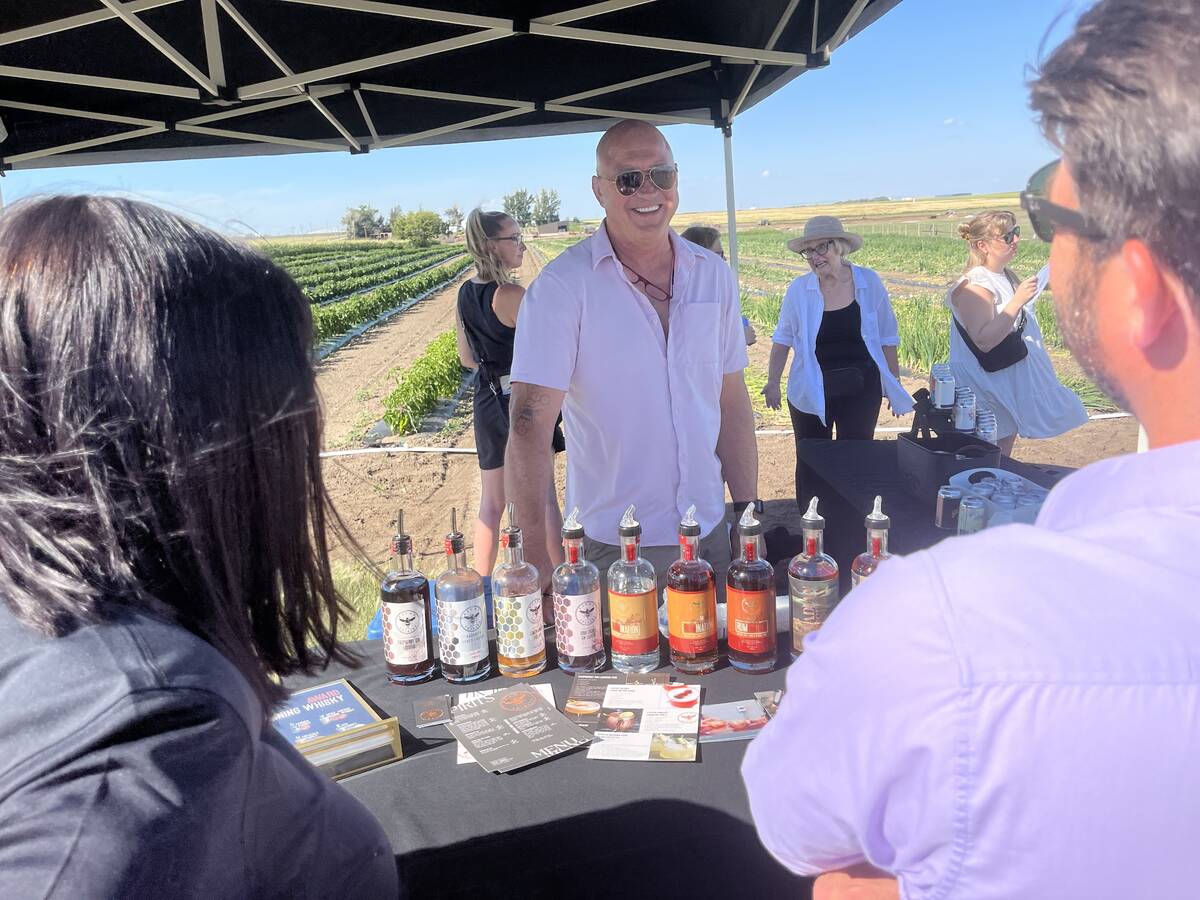Q: I produce vegetables in fairly large quantities, grown the old-fashioned way. I sell them at farmers’ markets and advertise them as organic. I am now told I cannot do that any longer. Is that true? Why can’t I do this?
A: Your issue relates to the fact that after years of regulatory void, national organic standards and regulations came into effect last summer.
Organic producers had traditionally been opposed to regulations in this area but changed their minds when other countries began demanding some form of standard.
Read Also

From farmer to award-winning distiller
Pivot Spirits showcases transition from farmer to distiller with provincial award-winning results in Alberta for Lars Hirch
While still a relatively small segment of the overall agricultural production component of Canada’s economy, organic production is expanding as consumer demand for organic products grows and concerns with farming practices are raised in the public consciousness.
One can see the rapid growth when looking at Saskatchewan. The province had only 626 organic farmers in 1999, representing 1.1 percent of all Saskatchewan farmers. The number had grown to 1,200 farms by 2005, which is 2.5 percent of farmers in Saskatchewan and more than 30 percent of Canada’s organic farmers.
That’s phenomenal growth in any industry.
At the same time, European countries were refusing to accept Canadian crops labelled organic because there were no standards to certify that they were organic. As well, the United States, one of our major trading partners, has had its National Organic Program since 2002.
The Canadian industry’s quest for such standards took a lot of time, but came to fruition in 2009.
The federal government’s Organic Products Regulations are now law, enacted under the Canada Agricultural Products Act. They require the national standards to be met if a product destined for international or interprovincial trade is marketed or represented as organic.
These regulations apply only to food products, animal feed and products used for the cultivation of plants. Nongovernment inspectors are mandated to conduct inspections. The Canadian Food Inspection Agency enforces the regulations.
The regulation does not include mandatory testing. Instead it relies on the honour system.
Widespread and random spot checks to see if the produce or crop is truly organic have not received huge support within the organic industry. Yet the same industry has made similar demands regarding genetically modified crops.
It appears producers won’t have to adhere to the standard unless they sell their produce in another province or if they use the Canadian Organic logo. This seems odd because I think consumers within a province are just as interested in the standards of production as are out-of-province consumers.
If you are only selling your garden produce locally, you may not have to comply with the national standards.
This still represents a new and significant advance for the organic industry.
Handled properly, and with the evolution of proper checks and balances to assure quality and compliance, these standards should enhance the credibility and viability of organic producers, both domestically and internationally.
Rick Danyliuk is a lawyer with McDougall Gauley LLP in Saskatoon.














